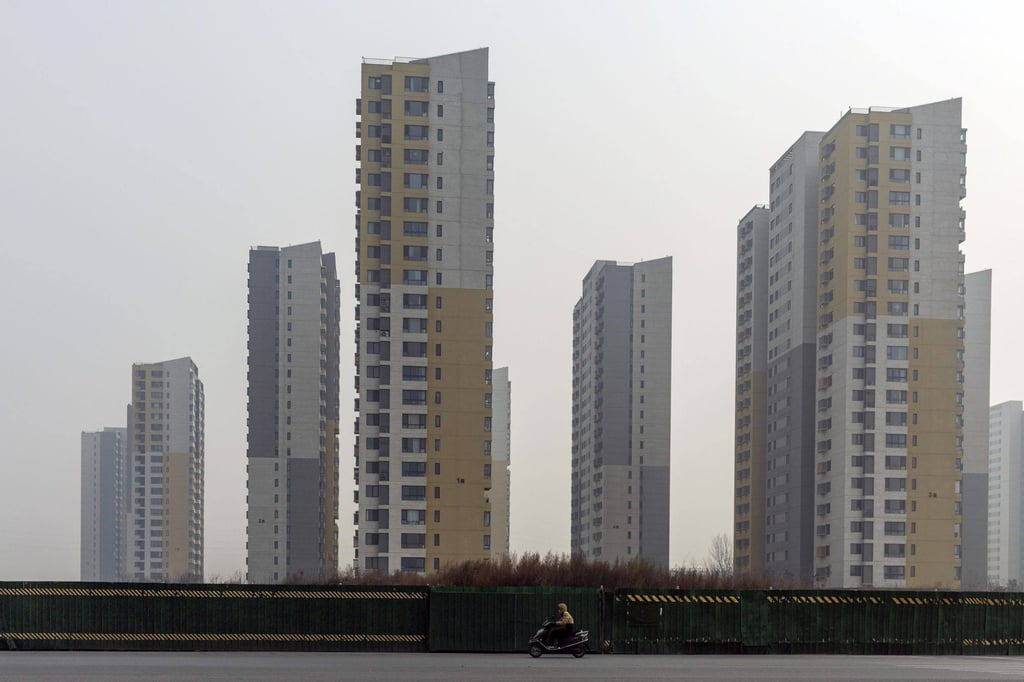Chinese developer Fantasia plans US$4 billion restructuring with debt-to-equity swap, new dollar bonds to cure defaults
- Plan includes US$1.3 billion debt-to-equity swap and new longer-term, lower-coupon offshore bonds, according to a stock-exchange filing
- The Shenzhen-based company says it has approval from creditors holding 24.5 per cent of the aggregate principal amount of the outstanding bonds

Debt-laden Chinese property developer Fantasia Holdings proposed a restructuring that would give it two to six-and-a-half years of breathing room thanks to a debt-to-equity swap and the conversion to longer-term, lower-coupon bonds.
The offer includes swapping US$1.3 billion out of the company’s total of US$4.018 billion in offshore bonds into Fantasia shares, according to a filing with the Hong Kong stock exchange late on Sunday.
The balance of the debt would be converted into eight new tranches of notes maturing between 2024 and 2029. The new notes will earn payment-in-kind in initial years before cash interest kicks in at 5 to 8 per cent annually. The annual coupon on the company’s existing defaulted bonds ranges from 6.95 to 15 per cent.

“The debt-to-equity swap is good to help improve the company’s capital structure, which can ultimately pave the way for these distressed developers to survive the crisis,” said Lawrence Lu, S&P Global Ratings’ senior director.